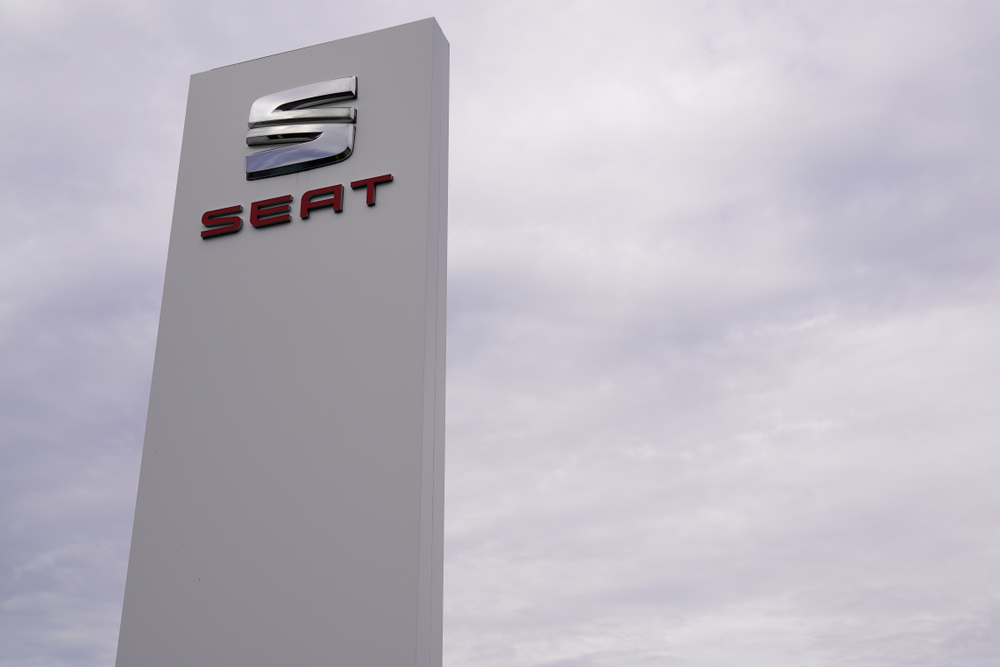They identified poor communication as one of the key barriers to electric car adoption.
Others are reading now
Seat has faced numerous challenges over the past four years, from the pandemic to semiconductor shortages, the Ukraine conflict, and rising tariffs. Despite these obstacles, the company continues to break records under the leadership of Wayne Griffiths, CEO of Seat and the driving force behind the success of its high-performance brand, Cupra.
Committed to EV’s
In a recent interview, Griffiths emphasized the importance of Cupra in Seat’s business strategy, pointing to its strong profitability.
The launch of the new Cupra Terramar marks another milestone, but Spain’s slow progress in adopting electric vehicles (EVs) remains a critical issue.
Griffiths identified poor communication as one of the key barriers to electric car adoption. “Electric cars have often been communicated as a problem, not an opportunity,” he explained, according to El Economista.
Also read
He also pointed out that those who switch to electric rarely return to traditional combustion engines. He highlighted affordability and accessibility as other crucial factors, with electric models around €25,000 (approximately $26,400), comparable to popular combustion models like the Seat León.
Uncertainty Among Buyers
Infrastructure is another challenge. Many potential buyers are uncertain about charging availability on highways and in parking garages. Griffiths stressed the need for a clear map of charging stations, accessible through an app, to address these concerns.
In addition to Seat’s internal efforts, Griffiths criticized the Spanish government’s lack of action on electric vehicles. He resigned as president of the Anfac (Spain’s automotive association) in frustration over unfulfilled promises regarding public investment in EV infrastructure.
Griffiths believes that without immediate incentives and improvements in infrastructure, Spain risks falling further behind its European neighbors in meeting electric vehicle targets.
Despite these challenges, Cupra continues to drive Seat’s profitability. Since 2019, the average price of Seat’s vehicles has increased from €19,400 (roughly $20,500) to €27,600 (about $29,200), not due to price hikes but thanks to Cupra’s success.
Looking ahead, Seat is focused on expanding its lineup, including more electric vehicles, as it adapts to the rapidly evolving automotive landscape.


